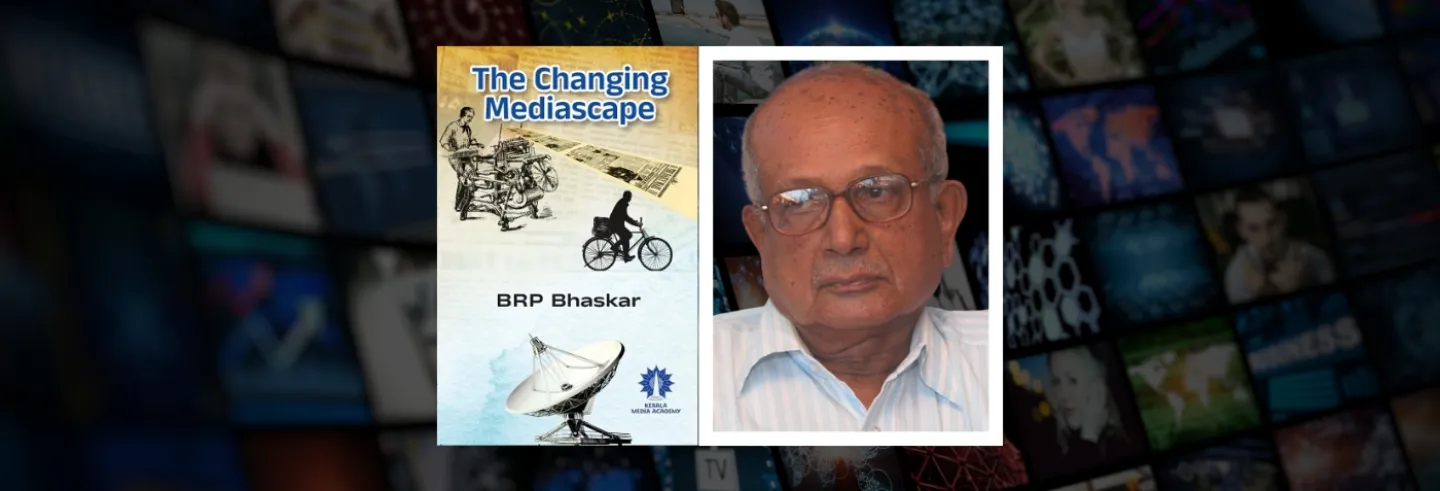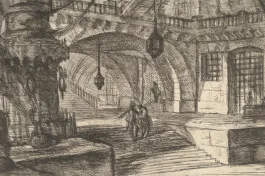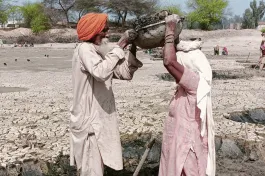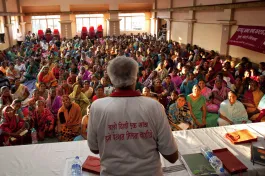Just until 10 years ago, India’s media used to be described as “raucuous” and the living embodiment of the country’s “vibrant democracy”. In the years immediately after the Emergency, newspapers—which then constituted the non-government media—found a voice and their role as watchdog.
Over the last 10 years, from the time of Prime Minister Narendra Modi’s first term in power, the media, which now includes hundreds of newspapers and television channels, appears to have all but abdicated its duty of holding the government and the country’s political leadership to account, which it had demonstrated right until 2014. The success of the India Against Corruption movement, on the back of which Modi rode to power at the centre and his bete noir Arvind Kejriwal was voted in at Delhi, owed much to the media putting the second United Progressive Alliance government on the mat for the Commonwealth Games construction scam and the 2G scam.
To journalists like me, fortunate to have cut our teeth in the profession during the “Questioning ’80s”, the difference between then and now appears starker. But read B.R.P. Bhaskar’s book The Changing Mediascape to be transported to an even earlier era of Indian journalism, when it was more a calling than a profession.
The book is a rollercoaster ride through a time when journalists functioned without mobile telephones or computers to cover mega events such the moon landing, wars (including the one that birthed Bangladesh), and the Emergency.
Four years after India attained independence, Bhaskar joined The Hindu as a 21-year-old, going against his father’s expectation that he would join government service. He went on to work at other papers, and the United News of India (UNI), a news agency, eventually retiring from the Deccan Herald as an Associate Editor. Journalists never retire, especially those who see it as more than a job. And so it has been with Bhaskar, who is in his nineties now.
A different era
Bhaskar, who had a degree in mathematics, writes that he “could not imagine myself as part of the government at any level”. Rather, he was drawn to working at a newspaper. “I did not see the newspaper as a power centre. I saw it as an institution which should serve as the eyes and ears of the society,” he writes. Plus, his teacher in college, who worked part time for an international news agency, told him that his training in mathematics was just the right qualification—like maths, journalism required precision.
The book is a rollercoaster ride through a time when journalists functioned without mobile telephones or computers to cover mega events such the moon landing, wars (including the one that birthed Bangladesh), and the Emergency. They had collegial relations with editors, unknown in the present hierarchies in newsrooms. They were respected by the political class as well as readers for playing an important role in a newly free country. To say it was a golden era would be wrong. There was much that was wrong with it, and Bhaskar records some of the issues that plagued journalism then, but it was certainly not the white noise it has become now for the most part.
Journalists were paid low salaries, and Bhaskar played a role in exposing the false premises on which UNI was refusing to raise salaries. For this, he was moved to Mumbai, and later sacked. But newspaper employees’ unions stepped in, and so did the Maharashtra government. A strike call given by the unions was joined by unions from other sectors, including banks. It was only when dock workers threatened to join the strike that UNI blinked. Bhaskar was reinstated, and under the settlement, would move to another bureau of his choice.
Kashmir and the Emergency
It was the early 1970s, and he chose to go to Srinagar, where Mir Qasim was the chief minister of a Congress government. Bhaskar ran afoul of the chief minister during a visit to Ladakh, and state Congress president Trilochan Datta, who had to quit as a minister because of a UNI report. He recalls a meeting with Mir Qasim during which the chief minister expressed regret that a burglary had taken place at Bhaskar’s place. There had been no burglary, and the chief minister was momentarily confused when Bhaskar told him so. But there was a grievous assault on him at his place some days later. He was taken to hospital by his neighbour’s brother and his friend, a young Ghulam Nabi Azad.
A widely picked up interview by Bhaskar of Sheikh Abdullah would set the ball rolling for the Indira-Sheikh Accord of 1975. During the Emergency, Bhaskar was asked to censor a Friday sermon that the Mirwaiz, Maulvi Farooq, had yet to make. But the state was a relative safe haven compared to others, especially after Chief Minister Abdullah appointed a journalist, Mohammed Sayeed Malik, who used to work at The Patriot, as the chief censor.
An easy read in Bhaskar’s unsentimental, unadorned style, there is much to learn and much to chew on in this memoir-style book, for practitioners, students, and observers of journalism…
In 1977, after the Emergency ended, Bhaskar approached Malik to renew his press accreditation. When Malik, who was also Director of Information, drew his attention to the card’s expiry two years earlier, Bhaskar said, “I didn't want to carry a card signed by the Chief Censor.” Bhaskar also relates Sanjay Gandhi’s merger of UNI and the Press Trust of India (PTI) into Samachar, a short-lived experiment, scrapped soon as the Emergency ended.
Anecdotes and personal reflections
The book is an engaging read, full of anecdotes laced with personal reflections. Bhaskar describes Deccan Herald, where he worked in the late 1980s as “a good place to be unhappy in”. This is where, having time on his hands after writing editorials, he turned Kayar, a novel by the eminent Malayalam writer Thakazhi Sivasankara Pillai, into a television series for Doordarshan.
Bhaskar once told Deccan Herald editor-in-chief K.N. Hari Kumar that his disengagement from the editorial page was surprising, and he might one day be blindsided by an editorial that he did not agree with. But Hari Kumar replied, “I am not particular that I should be able to agree with everything in the editorial. If I am able to agree with 70 per cent, that’s enough.”
Journalists of today might be astonished at the many remarkable things Bhaskar was able to pull off while remaining true to his calling even during tough times. An easy read in Bhaskar’s unsentimental, unadorned style, there is much to learn and much to chew on in this memoir-style book, for practitioners, students, and observers of journalism in India.









